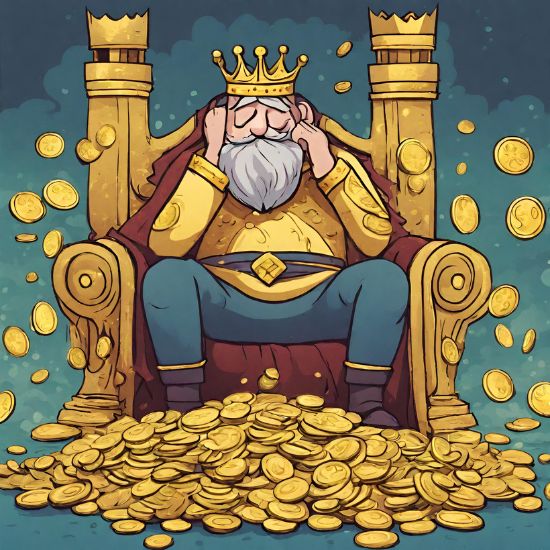Introduction
The quote “Living well is the best revenge” has echoed through the centuries, attributed to George Herbert, a 17th-century poet. This seemingly paradoxical concept challenges the traditional notion of revenge, inviting us to consider an alternative path to overcoming adversity.
By delving into the depths of this philosophy, we uncover a profound understanding of resilience, personal growth, and the pursuit of genuine fulfillment. Through the words of various thinkers and authors, we will explore how the pursuit of happiness and contentment can serve as a potent form of retribution, ultimately empowering individuals to rise above the impulse for vengeance.
Join us as we unravel the timeless wisdom encapsulated in the idea that true revenge lies in finding happiness and fulfillment.
While the exact context of the quote we talking about is not definitively known, it is generally interpreted as a call to focus on living a fulfilling and meaningful life in the face of adversity, rather than seeking vengeance.
This concept aligns with the idea of making the best of whatever life throws at us and making it count, as you mentioned, because, after all, life is 10% of what happens to us and 90% is how we react.
And Pareto would (probably) agree with me.
The phrase can be seen as an encouragement to channel negative experiences or mistreatment into positive energy, personal growth, and success, rather than allowing them to consume or define us. In this sense, it’s not about seeking retribution, but about rising above the circumstances and thriving despite them.
The idea that “living well is the best revenge” may seem paradoxical at first, as it juxtaposes the concept of revenge (negative) with pursuing a satisfying life (positive).
However, it underscores the notion that seeking to harm those who may have wronged us isn’t the true victory. Winning means focusing on our well-being and success, rather than being consumed by negative thoughts.
Living well is the best revenge.
Because the best revenge is no revenge.
In this way, we can free ourselves from the negative impact of seeking revenge.
In life, negative thoughts lead to negative outputs, even if not directly.
Negativity attracts negativity, as positivity attracts positivity.
Prioritizing our well-being and happiness, we can overcome adversity, achieve a sense of fulfillment, and let the desire for revenge go. We focusing on the other direction.
This notion has been echoed by various figures throughout history and literature, underscoring the enduring relevance of this timeless philosophy.
Author of Fight Club, Chuck Palahniuk, encapsulates this idea in his very clear quote:
“That’s the best revenge of all: happiness. Nothing drives people crazier than seeing someone have a good f*king life“.
Chuck Palahniuk
This sentiment emphasizes that achieving happiness despite attempts to detract from it renders those efforts ineffective. It highlights the power of personal contentment as a form of retaliation, ultimately disempowering the negative actions of others.
We are much more immune to getting dragged into the void of negativity.
What is “living well” and what does it mean?
The concept of “living well” encompasses various dimensions, reflecting a holistic approach to life. It involves embracing a modest lifestyle that prioritizes harmony with nature, communal living, and sustainable practices.
It emphasizes the interconnectedness of individuals with their communities and the environment, promoting shared responsibility and a balanced existence. This multifaceted concept extends beyond material wealth and consumption, emphasizing the preservation of natural resources, the promotion of communal harmony, and individual well-being. Living life in this way aligns with our values and contributes to a sense of purpose.
In this way, we will keep attracting good things, while living bad moments too, because we grow with pain and challenges. But following this philosophy, overall, good things will outnumber the bad things.
Similarly, the renowned philosopher Confucius expressed a similar powerful sentiment:
“The ultimate revenge is living well and being happy. Hateful people can’t stand happy people. Before you embark on a journey of revenge, dig two graves”.
confucius
You see? If we follow the revenge route we would dig ourselves a grave.
I don’t think that with this image in your mind, you will be keen to seek revenge again that easily.
You will prefer to live well and let go of things that drag you down.
By embodying this philosophy, individuals can rise above the impulse for vengeance and find empowerment in leading a life defined by happiness and purpose.
Your mission should be your happiness. Focus on that.
Everything will follow.




